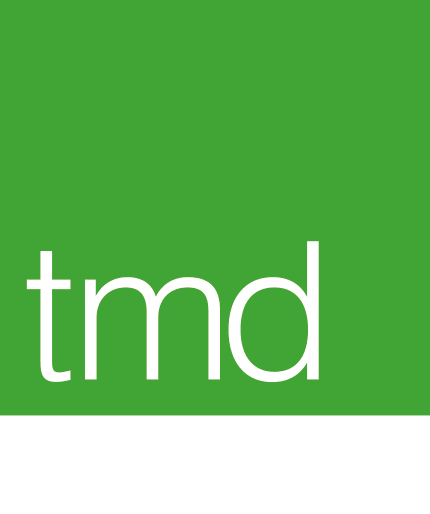Rising insurance costs: what’s driving the premium increases?

Insurance premiums, including property, car, liability and health insurance, are increasing across the board. But what is driving the increases? Here, we examine some factors behind the rising insurance premiums and explain the overall picture.
A hard market
Insurance premiums have been rising because we are in a challenging market. The characteristics of a complex market include higher insurance premiums, more stringent underwriting criteria, underwriters producing fewer insurance policies, and less competition between insurers.
High inflation, the cost of materials, labour shortages, changing construction and design methods, and the pandemic's impact have all contributed to rising premiums, along with the cost of unpredictable and severe weather events. When insurers are unable to predict future risks, reinsurance terms are more complex to negotiate, with the costs passed on to policyholders.
Construction
Building costs have risen dramatically in recent years in part due to global shortages of materials. The war in Ukraine, where 13% of the UK’s steel imports were sourced, has led to price increases, and there have also been steep rises in the cost of fuel and transportation, along with logistics problems leading to shortages, delays and increases in the price of materials.
As a result of soaring rebuild costs, many properties in the UK are now underinsured and vulnerable. For the insurance to be adequate, properties need to be insured for the amount it costs to rebuild them. If buildings are covered for less, owners could be seriously out of pocket if they need to make a claim.
Car insurance
According to the Association for British Insurers (ABI), the average premium for comprehensive motor insurance rose by a third over the last year. The rising motor insurance costs are due to the increased cost of raw materials, repairs and paint. Insurance providers take rising costs into account when determining their premiums.
In addition, adverse weather conditions have produced more claims, as has the increased theft of high-end performance and luxury cars. More claims mean more payouts, and insurers must factor in this risk to their premiums. The cost of writing off damaged vehicles has also increased because of higher prices in the second-hand market, which insurers have to match.
Healthcare insurance
Medical inflation isn’t linked to general inflation – the increased healthcare premiums have more to do with rising medical care costs. Such factors as new technology and treatments, which cost more; increased demand for private medical care; more people living longer with an increased risk of ill-health; and an increase in lifestyle-related health issues due to obesity and smoking are resulting in more claims and driving premiums up.
As a result, treatment costs per head have increased, and insurers pass these costs on to customers via premium increases. In addition, insurers will constantly adjust premiums to reflect your claims history – the more claims on your policy, the greater the risk you present, and insurers will always calculate premiums based on risk.
Liability insurance
Several factors have been driving liability premiums up, including rising inflation, global events and the increase in cyberattacks, along with the location and type of business you run and your insurance claim history. As medical expenses continue to soar, so does the cost of compensating injured parties. Insurers must account for these rising costs when calculating premiums, leading to higher prices for policyholders.
What you can do
It is best to review your cover and ensure it is appropriate, especially if you’ve made any alterations, extended your property, added equipment to your business, or incurred any changes. Don’t risk being underinsured; it could prove very expensive if you need to make a claim.
Also, budget for insurance premium increases, factoring in the additional costs; demonstrate good risk management, especially if you have a poor claims record, it’s essential you can demonstrate new risk mitigation measures; and consider taking out additional covers, such as cyber insurance or Directors and Officers Liability cover.
In the case of car insurance, look for a quote two to three weeks ahead of renewal, increase your voluntary excess, reduce your annual mileage and consider installing ‘black box’ telematics that reward you with lower premiums if the data shows you are a relatively safe driver. Ways to reduce your healthcare premium include: staying healthy, using preventative health services, reviewing your coverage, increasing your policy excess, and considering guided consultant choice.
Talk to TMD
Our business is your protection, which means we want to ensure you have appropriate insurance cover in place for your needs. Talk to us if you wish to review your property, car, liability or healthcare insurance, or take out new insurance. Call us on 01992 703 000 or email insurance@mcdonaghs.co.uk
Sources:
lloydwhyte.com: Explaining the hard market and why insurance premiums are rising
forbes.com: Will My Car Insurance Premiums Go Up In 2024?
thetimes.com: Why has car insurance gone up?
mytribeinsurance.co.uk: What is medical inflation and how does it affect health insurance premiums?

